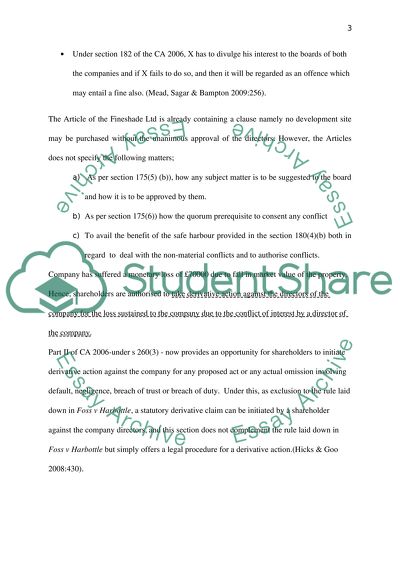Cite this document
(“LLB Company Law England and Wales Essay Example | Topics and Well Written Essays - 2500 words”, n.d.)
Retrieved from https://studentshare.org/law/1395991-llb-company-law-england-and-wales
Retrieved from https://studentshare.org/law/1395991-llb-company-law-england-and-wales
(LLB Company Law England and Wales Essay Example | Topics and Well Written Essays - 2500 Words)
https://studentshare.org/law/1395991-llb-company-law-england-and-wales.
https://studentshare.org/law/1395991-llb-company-law-england-and-wales.
“LLB Company Law England and Wales Essay Example | Topics and Well Written Essays - 2500 Words”, n.d. https://studentshare.org/law/1395991-llb-company-law-england-and-wales.


